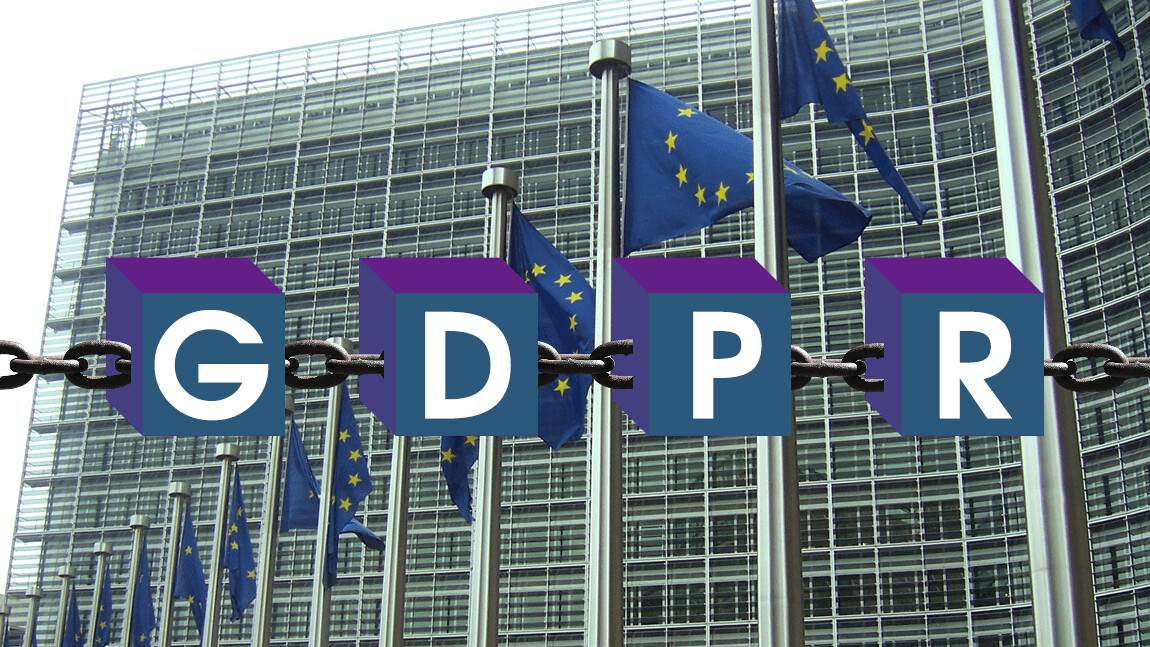
Our blockchain and cryptocurrency event, Hard Fork Decentralized, is just a couple of weeks away now. We’ll be discussing some of the industry’s greatest challenges, including how blockchains can stay GDPR compliant.
Earlier this month at the annual Ethereum conference, Vitalik Buterin spoke to Quartz about how he thinks that IBM’s commercial blockchain offerings are “totally not the point…” Blockchain should be open, transparent, and of the people.
As soon as the technology is put behind closed doors, is it really a blockchain anymore? Like Buterin, some will bemoan the fact that private blockchains are not really blockchains, but does that even matter? In a world of data security and GDPR, maybe permissioned blockchains are the only way to be compliant?
Of course, there is something inherently wrong about blockchains controlled by a centralized entity. For decentralization purists, you need more than just the technology to be decentralized to fully leverage the benefits of the system. Putting a blockchain inside the metaphorical walls of a corporation seems counter-intuitive.
That said, private blockchains might have a use. In some cases traditional, public blockchains could be ruined if they were to expose information that made them contravene General Data Protection Regulations (GDPR). Of course, it would be incredibly difficult, if not impossible, to sanction a blockchain that contravenes these regulations. How can a government fine a decentralized entity with no known owner, or firm, to front the bill?
The EU recently went so far as to say that private, permissioned blockchains would be the only way the decentralized technology can safely remain compliant with GDPR. Permissioned blockchains might be the only options for corporations who want to get in on the technology. But even then, it’s not as simple as just making a locked-down blockchain, there are a lot of hurdles to overcome if businesses want to ensure compliance with the law.
At Hard Fork Decentralized we’ll be looking at how companies that implement blockchain technologies can remain compliant with GDPR, while still maximizing the benefits. Join discussions hosted by Persona and eMusic about this topic!
If you’re not that interested in private blockchains or regulation, our event will feature a ton of other talks, sessions, and workshops! Check out our full list of events, hosted by the leading industry companies, to sign up for your favourite discussions. Be quick – spots are filling up fast! See you in London on December 12-14?
Get the TNW newsletter
Get the most important tech news in your inbox each week.





